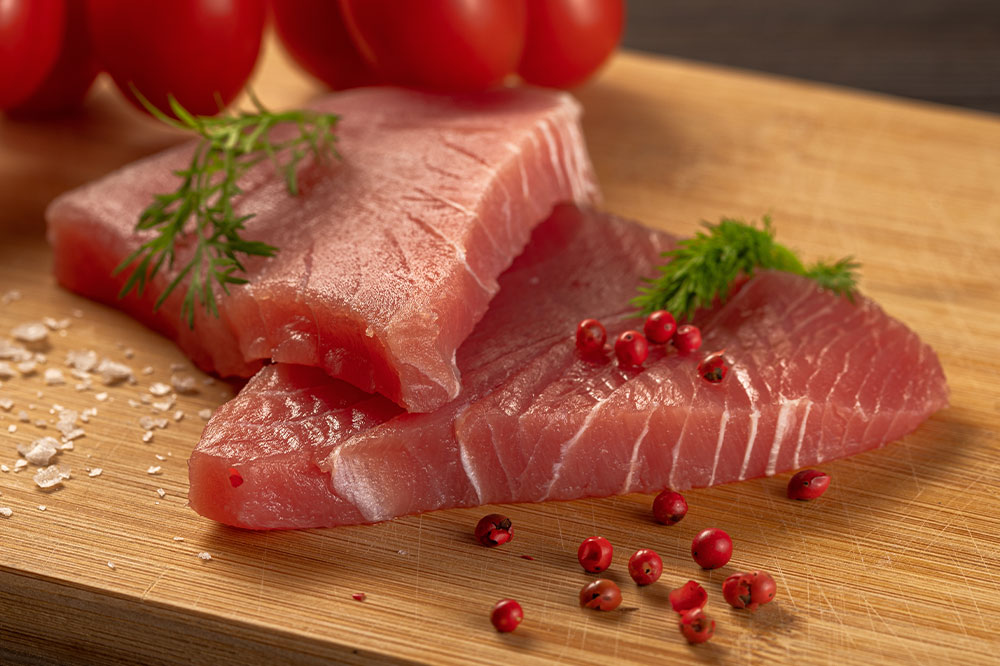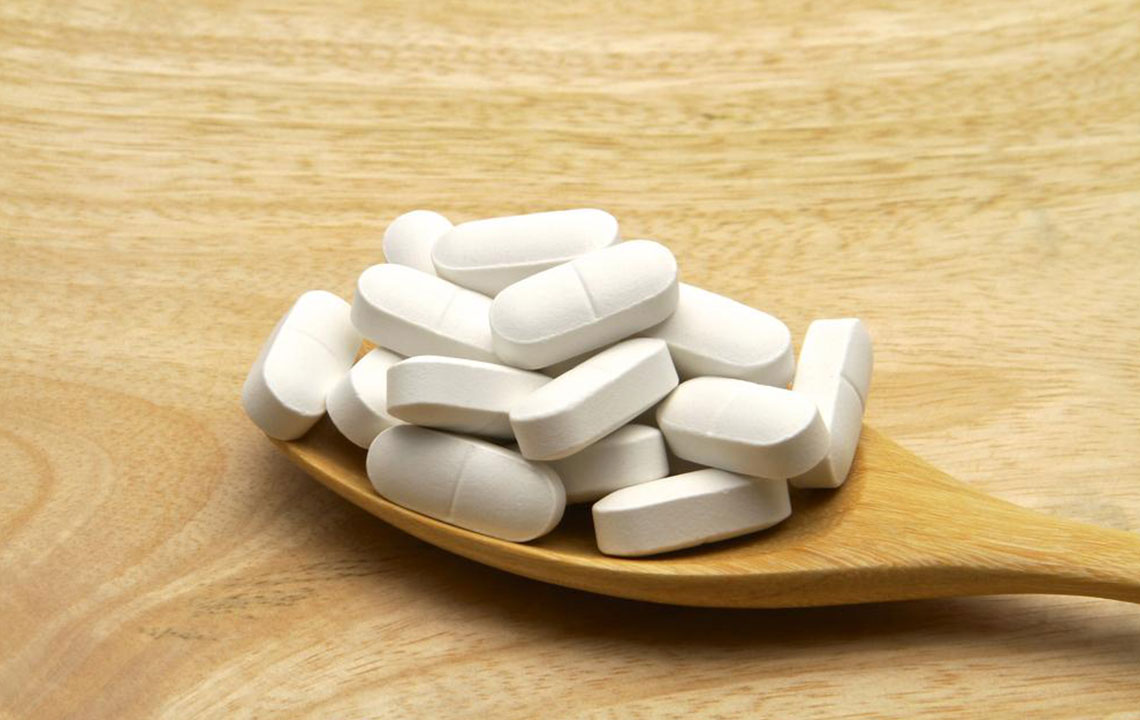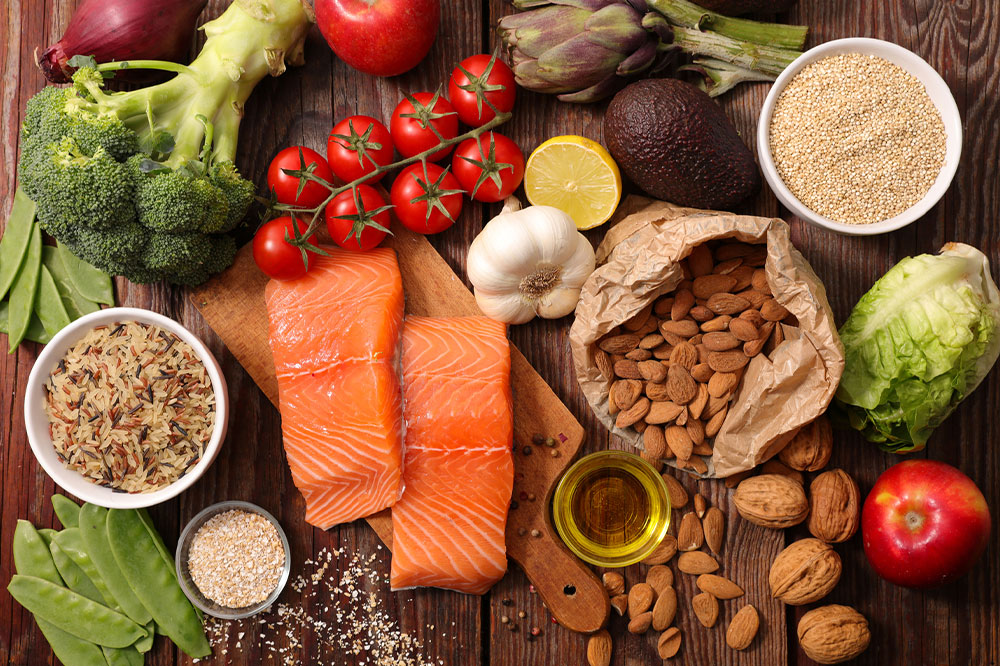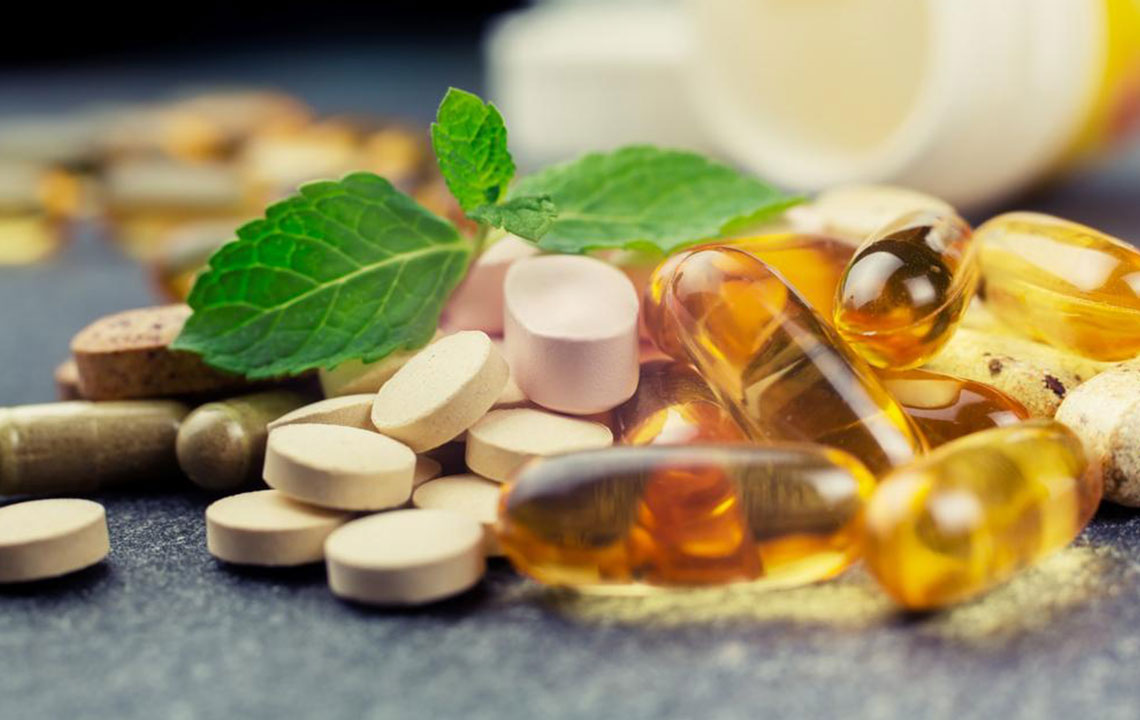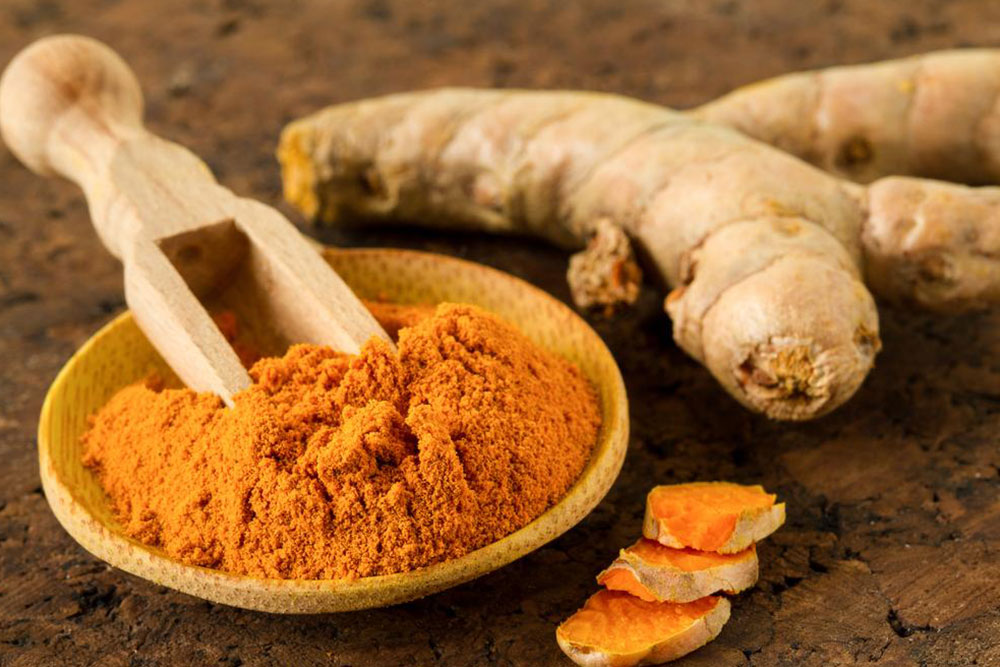8 Foods to Avoid During Cancer Treatment
Discover eight essential foods to avoid during cancer treatment to boost recovery and reduce health risks. This guide emphasizes safety tips for diet choices, including avoiding raw and undercooked foods, contaminated produce, junk foods, and dehydrating drinks. Maintaining a healthy diet and lifestyle can support treatment outcomes and long-term health. Always consult your healthcare provider for personalized advice.
8 Foods to Steer Clear Of When Battling Cancer
Diet plays a vital role in maintaining health and reducing the risk of diseases like cancer. For cancer patients undergoing treatment, a proper diet becomes even more crucial as the immune system weakens. Avoiding certain foods can facilitate recovery and minimize health risks. Here are eight foods to avoid during cancer treatment to support your health journey.
Unpasteurized dairy products
Consuming raw milk, unpasteurized yogurt, or soft cheeses like Brie can introduce harmful bacteria. A weakened immune system can struggle to fight these bacteria, increasing infection risks.
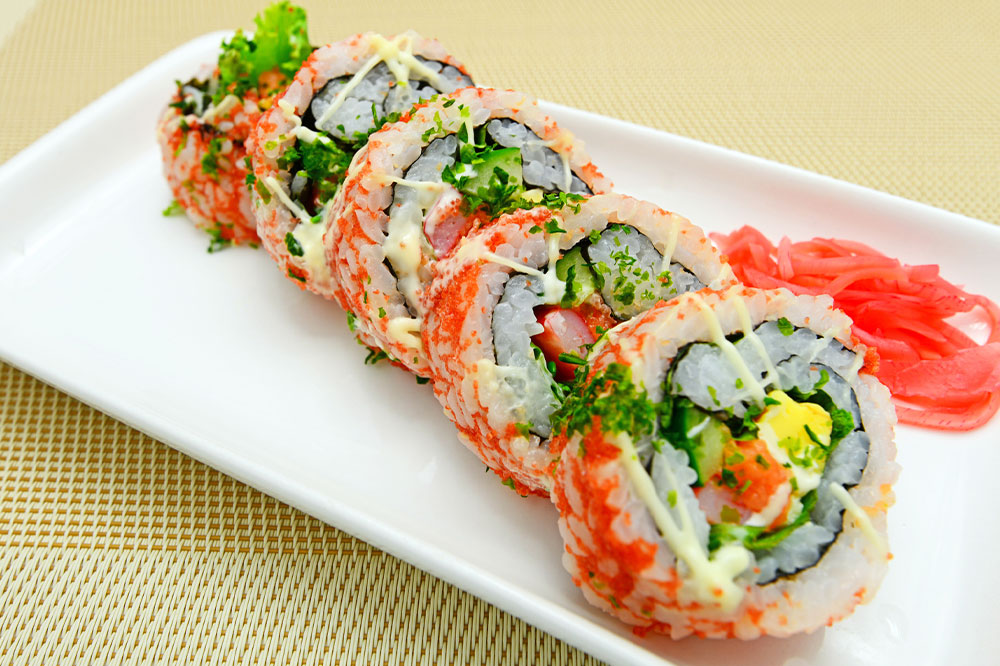
Raw eggs
Eggs are versatile and nutritious but should be fully cooked. Dishes like raw cookie dough, hollandaise sauce, or smoothies with raw eggs pose Salmonella risks, which can be dangerous when immunity is compromised.
Undercooked meats
Eating rare or raw meats, such as steak tartare or sashimi, can expose you to bacteria or parasites. Ensure all meats reach recommended internal temperatures: at least 145°F for beef and lamb, 160°F for ground meats, and 165°F for poultry.
Contaminated vegetables, especially leafy greens
Always wash produce thoroughly, even if labeled 'pre-washed.' Leafy greens and herbs can harbor bacteria like E. coli or salmonella, especially if grown in contaminated soil or water.
Raw sprouts
Fresh sprouts are popular in salads but pose contamination risks from bacteria such as E. coli. It's safer to avoid raw sprouts during treatment to prevent infections.
Leftover foods improperly stored
Food left at room temperature for over two hours can develop bacteria. Keep hot foods above 140°F and cold foods below 40°F. Proper storage helps prevent foodborne illnesses.
Junk and fast foods
While quick and tasty, fast food offers little nutritional value and can be high in salt, fat, and preservatives. Limit intake to support overall health and wellbeing during treatment.
Dehydrating drinks and foods
Beverages like soda, caffeine-rich coffee, and alcohol, along with salty foods, can dehydrate the body. Stay hydrated by drinking plenty of water to mitigate side effects of treatment and support recovery.
Adopting a balanced diet and healthy lifestyle can reduce the risk of developing cancer over time. Regular exercise, maintaining a healthy weight, and being mindful of skincare products may also influence risk factors. Always consult healthcare providers for dietary recommendations tailored to your condition.

